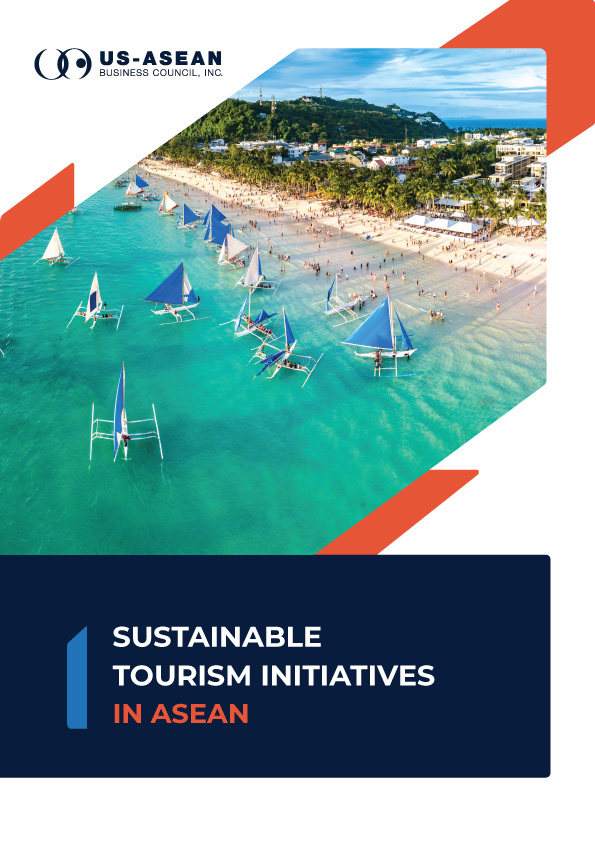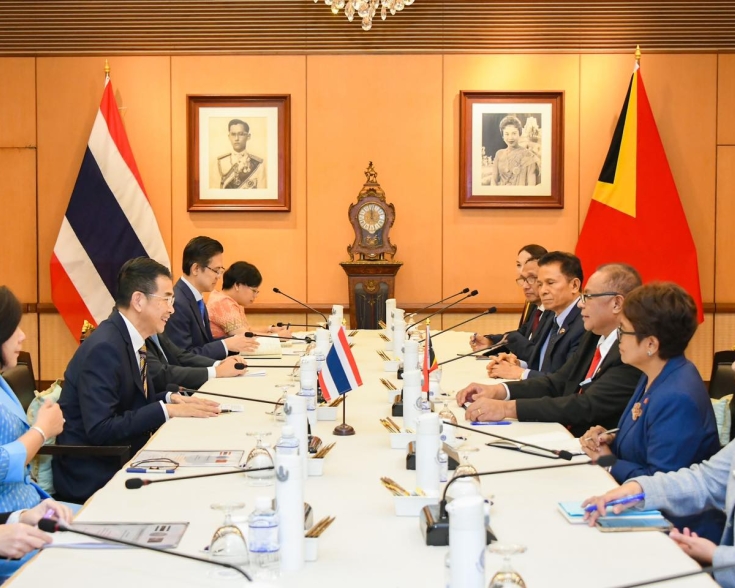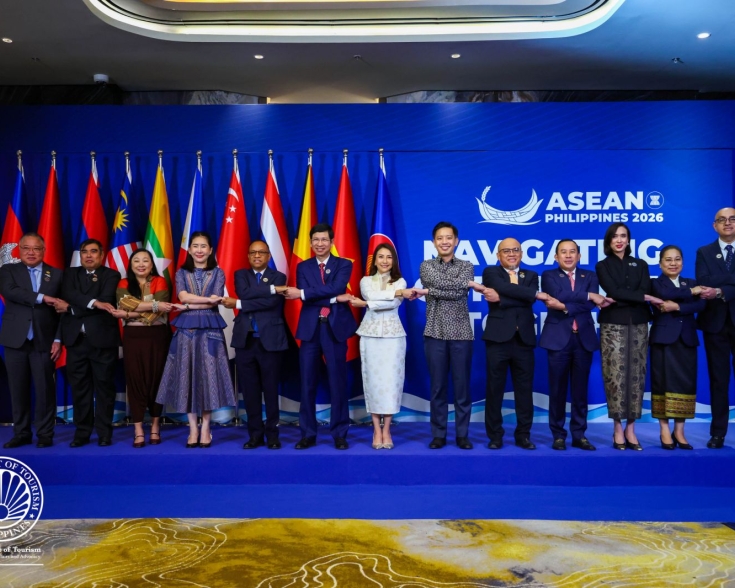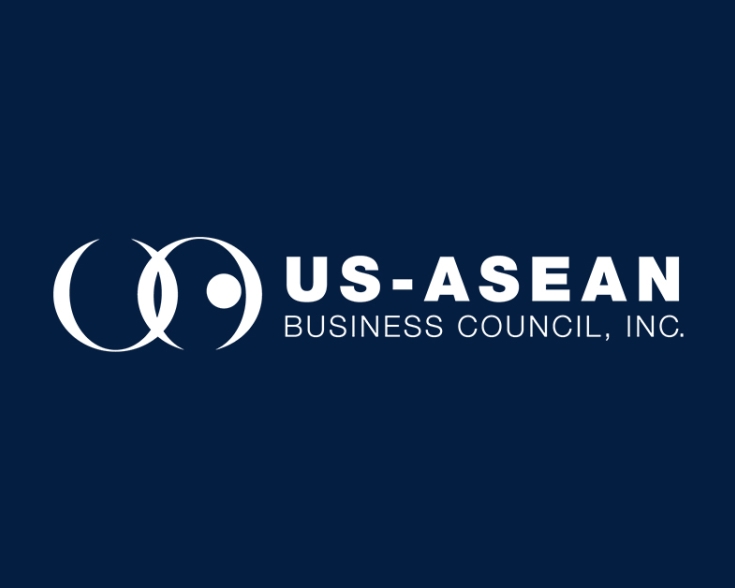Laos Enhances Economic Growth Through Sustainable and Nature-Based Tourism Investment
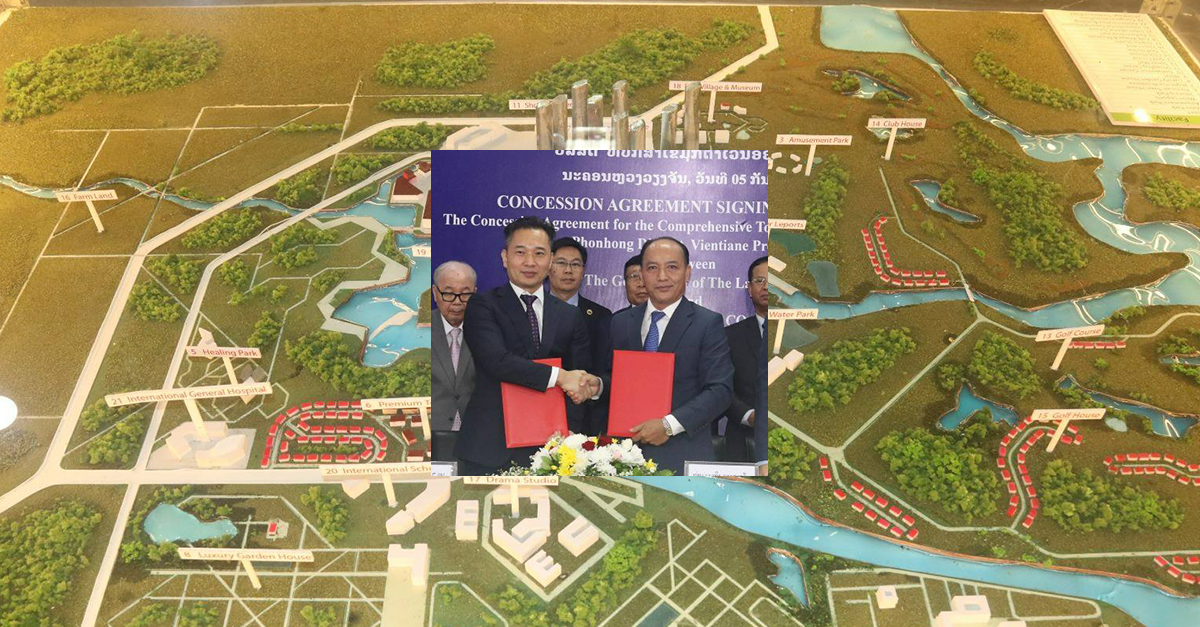
The Lao government has signed a concession agreement with a South Korean company to develop a large-scale tourism hub in Phonhong District, Vientiane Province. Under the agreement, 500 hectares of land have been granted to South Korea’s Oriental Pear Company in exchange for site development focused primarily on tourism infrastructure. This project is worth USD 700 million with two phases of development: (1) Phase one (2025-2035) will focus on major infrastructure construction and quick revenue-generating hospitality facilities, including recreation, golf courses, restaurants, and hotels; and (2) Phase Two (2036-2045) will focus on public amenities expansion and other facilities, including parks, waste management, and other services that covered a full access of tourism experience. This 20-year project is designed to establish a sustainable, high-standard tourism destination for both local and international tourists, while boosting the economy through long-term revenue generation.
In parallel, the Lao Ministry of Agriculture and Environment has announced the “Decision on Tourism in Forest Areas” as a framework to promote nature-based tourism in the national park and protected areas. This aligns with the upcoming National Socio-Economic Development Plan and the National Green Growth Strategy. The government is welcoming investments in nature-based tourism, supported by investor-friendly regulations and incentives, particularly for registered micro, small, and medium-sized enterprises (MSMEs).
The World Bank estimated that nature-based tourism can contribute to the 10% growth of the Laos’ GDP and generate an additional 10% of total employment. While Laos–South Korea cooperation primarily targets land-based tourism and covers much of the external infrastructure investment, other opportunities, such as water-based or aerial tourism, remain largely untapped. These emerging sectors are also eligible for similar incentive packages through concession agreements, offering significant potential for future growth in Laos' tourism economy





